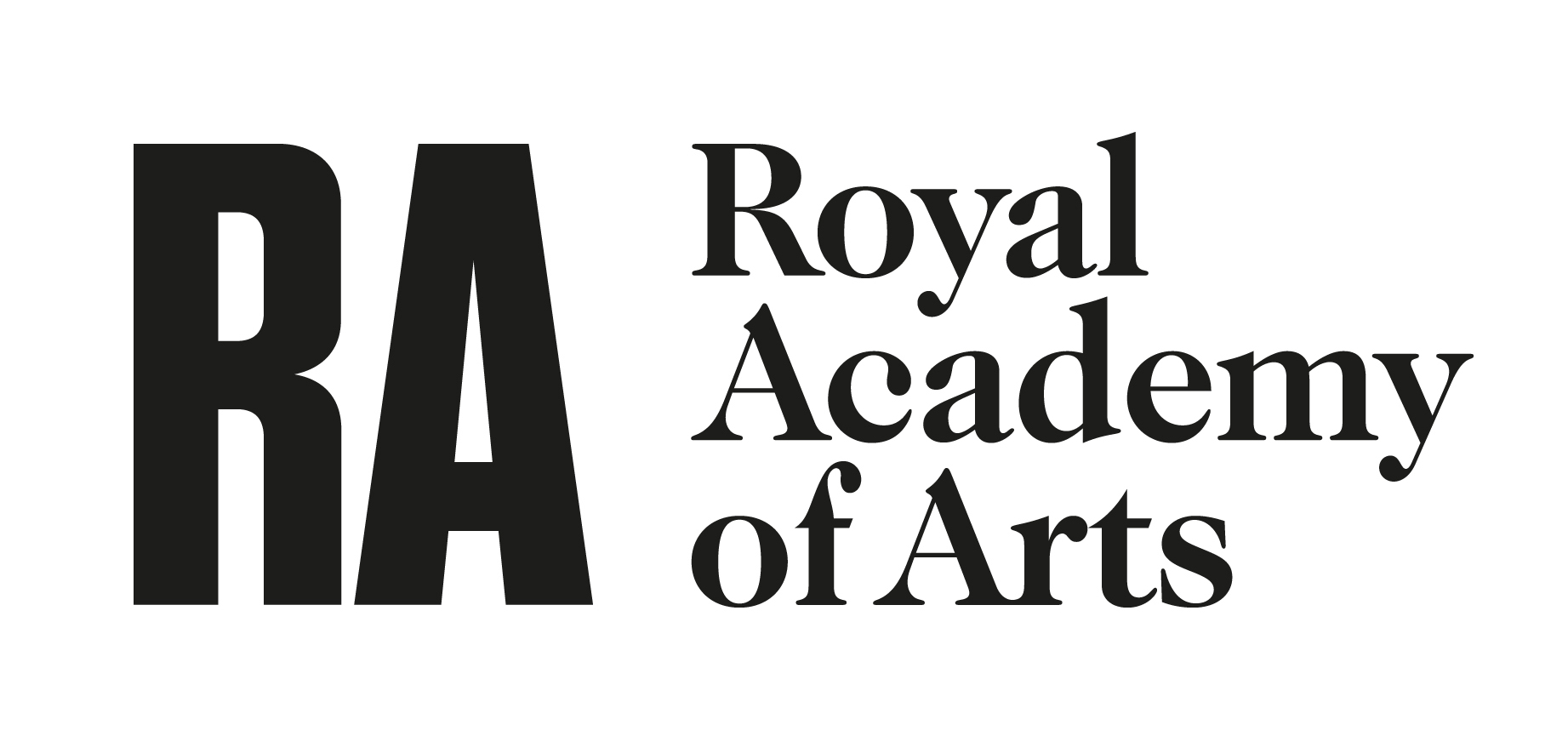Press Coverage
John Studzinski Interview with the Times
27 July 2002
An interview with John Studzinski
from The Times, July 27th 2002
He gives £1 million a year of his own money to struggling artists, works in a shelter for the homeless, and chairs the campaigning group Human Rights Watch. And in between all of this he puts in a 60-hour week in the City. Who is he? Well, he’d rather you didn’t know.
I have just met a man who gives away a million pounds of his own money every year. He doles it out in small batches through the Genesis Foundation, which he set up six years ago to give young unknown and unsupported artists their first break in writing, acting, singing, composing, dancing, photography, painting or whatever creative process he believes worthwhile.
To you and me he is anonymous. He genuinely loathes the rituals of altruism. He doesn’t crave gongs, he hates the thought of his name on opera programmes, in newspapers or emblazoned all over new art gallery wings. He is a 47-year-old American, the son of first-generation immigrant Poles, brought up in Peabody, Massachusetts, and his name is John Studzinski. He lives in London and his day job is Deputy Chairman of Morgan Stanley International, which explains the wherewithal to hand out what he calls the “very small sum” of £1 million every year. Slotted around a 60-hour week devoted to banking business, he also chairs Human Rights Watch, spends Saturday evenings cooking meals for the Passage, a shelter for the homeless in Victoria, which he helped to set up, and sits as a trustee of the Tate Gallery and the Soane Museum, as well as chairing the financial advisory committee for the London Symphony Orchestra.
Sitting in the Morgan Stanley International townhouse in Mayfair where senior executives meet and entertain in a luxurious antique-filled cocoon, I study Studzinski’s face and think of that character so thoroughly marinated in goodness. I wonder what on earth he could have done in a previous life to be compelled to behave like this. No clue is visible. He appears to be a man of deafening poise and urbanity. He sits encased in the Savile Row banker’s costume, breaching the nothing but grey rule only with a sober red silk tie. But once he begins his high-speed, high-efficiency interview, my first thought is that he is surprisingly nervous, an attractive trait in a man who is such a player.
In fact, this is his first proper interview, and he has been persuaded to do it only because he believes it will help the publicity for his Genesis Prizes for Opera, a new international chamber opera competition set up last year for young composers and librettists. Having spread information about the competition on the internet, the foundation received inquiries from applicants all over the world, including Albania, Argentina, Brazil, Congo, Israel, Italy, Romania, Turkey, Ukraine and Yugoslavia. With entries from 34 countries, nine composer librettist teams were chosen and commissioned to develop their ideas for full workshops by Almeida Opera this month. Two weeks ago, three teams of finalists, from Australia, Canada and Eire, received full commissions to complete their operas for performance by Almeida next summer with subsequent performances at Aldeburgh. The overall winning team will receive a cash prize of £20,000.
With his personal three-year commitment, the total investment from Studzinski’s foundation will be well into six figures – one estimate put it at more than £500,000 – making the Genesis Prizes for Opera the most substantially funded arts prize in the country. It is an astonishingly generous and enlightened piece of patronage, because investing at the front end of opera entails a very long process that requires a great deal of nurturing and which is also extremely expensive.
“There are a lot of people out there who would love to write opera, who take it seriously and who are young, lacking confidence, lacking networks, lacking money,” says Studzinski. “They are not all sitting in New York or London, and most of them have no role models I think there is support for the arts on a big level in this country. Look at all the new Lottery-funded venues. But I worry that unless you actually have the seeds to grow the plants, you don’t necessarily have any use for the greenhouse. There’s a lot of support for the institutions, and for commissioning opera from the big established people. But then you get to the stage of who’s going to invest in the unknowns? And where do you find the unknowns? And how do you give them a platform? That is what this particular competition is about.”
“The workshops were of an astonishingly high standard, and everyone got something out of the process,” says Genista McIntosh, executive director at the Royal National Theatre, who is on the judging panel. “This is very encouraging for the future of opera worldwide. It was fascinating to see how much there is out there and how diverse the range of talent is. The prize is bound to leave a valuable legacy, enabling new work to be created and performed which might otherwise never have got off the ground.
“Since its foundation in 1996, the Genesis Foundation has funded several International Playwrights’ Seasons at the Royal Court Theatre, two full three-year LAMDA (London Academy of Music and Dramatic Art) scholarships every year, the Schubert Ensemble, Space Studios in the East End of London, and commissioned the Westminster Mass from the young Polish composer Roxanna Panufnik, in honour of Cardinal Hume’s 75th birthday celebrations, as well as supporting Almeida Opera.
“The LAMDA scholarships have been very interesting,” says Studzinski. “A panel including Janet Suzman and myself interviews successful applicants who have serious financial problems. We talk to them about their careers and we award one or two a year. I was at the Donmar Warehouse the other day and an actor came up to me afterwards and said, ‘I want to thank you, I would never have been in this production had you not given me this award because there was no other financial support.’ It made me feel really good, because he was given the chance and he was making the most of it I believe that there are a lot of artists out there who are starting from nowhere and you just don’t want them to get discouraged. Early support is essential because it gives hesitant young artists some sense of what could be. It’s about giving them encouragement and confidence in themselves.
Studzinski comes across as a faintly manic and rather eccentric bachelor of vast and oddly mixed knowledge. He obtained two degrees simultaneously in biology and sociology at Bowdoin University; he has 20 years’ worth of business experience from his Morgan Stanley career; he has a depth of knowledge of the arts that seems hopelessly unplumbable in our hour-long meeting. We should be grateful that his intelligence and financial support is poised specifically over the future of young creative artists from all backgrounds, for he worries – as we should perhaps, too – that government and corporate subsidy does not always end up in the most appropriate places.
“One thing that I am very sensitive about is that in tough times or in countries like this where the arts are not subsidised by the government wholeheartedly or by the private sector, you have people going into the arts who are principally from the upper middle classes or the upper classes. Good grief, I have nothing against the upper middle classes and the upper classes, but we don’t want the arts populated by distorted demographics. We want people to come from all walks of life because I think that creates the most fertile potential.
“Studzinski himself is neither upper middle nor upper class – his father worked with aircraft engines. But he seems to have an old-fashioned conservatism in his bones and has also acquired the high polish of the international investment banker. Following a call to the Ritz, you would find him freshly shaved and impeccably dressed and handling the correct knives with practised ease.
“My father was very big on education. He used to say that the most you can give someone is the education and the chance, and then it’s up to them to use it to leapfrog their way up. Not to be overly dramatic, he came from a very humble background and he went to school as a young child and leapfrogged several grades because he was a good reader. He was very keen on education and he always encouraged me to do jobs to experience different worlds. From my early teens onwards, I volunteered in a hospital and other places, and as we lived close to the Essex Institute, a big museum full of Chinese porcelain and ceramics, I volunteered there and became interested in visual arts.”
Studzinski is a clear-minded character of deep convictions and extraordinary discipline, who as a young man went to a Catholic school with rituals leaning heavily towards Rome and, one is tempted to think, a code of discipline leaning heavily towards Sparta. “I am by nature organised. I never postpone anything that has to be done. I plan my time two or three weeks in advance. I exercise a lot, I run and I row, both on the river and on a machine. I take time in the mornings and evenings to meditate and pray, which sort of clears my head. I need sleep, but I find that if I get a solid five hours a night, I’m perfectly fine I find that the old mantra is true: that you can accomplish a lot as long as you don’t necessarily need to take credit for anything. You don’t need to take credit, you just need to know that you’re pushing the ball down the field.
So what exactly is it that drives him to all this altruism (let us not forget that he also works in a night shelter every weekend when he is in town). We shuffle uneasily around the concept of the Good Samaritan. He does not like being seen as a great Christian hero. In fact he does not like being seen at all. “When you’re dealing with the homeless all the time you’re very much aware that everybody has their issues I’m a very private person. I give a lot of things anonymously. I’m very sensitive; I’m not into self-promotion. I would not want to be compared with (and here he shrinks behind the off-the-record curtain to name a few professionally prominent British donors to the arts). People want to know that their foundations are making a difference, but I know privately that I am my own audience. I feel comfortable with what I have done. In some ways my audience is these young artists – this is the real audience to worry about.”
Studzinski is obviously not comfortable with the idea of named buildings and other grand statements, but he does think about legacies. “When one thinks about leaving the planet I’d like to know at the end of my life that a small group of artists had been encouraged and propelled forward and given a slightly bigger platform that lead them to produce something wonderful.” He also thinks about the extent to which others in Britain give money. One City observer says that he has encouraged others in the City to give generously; and he is a trustee of the Morgan Stanley Foundation, which is active in supporting the community and local institutions in Docklands, one of the poorest areas in Europe, where the bank has its UK headquarters.
On the whole Studzinski believes that British companies are developing a stronger social conscience and that in the past five years, for the first time ever, employees have become more aggressive in asking employers about their corporate values and their sense of social responsibility and philanthropy. But he is not impressed with individuals. As an American he still finds Britain’s furious secrecy and quasi-lavatorial shame over money an unfortunate block on philanthropy.
“There are time wasters out there, people who love to be wined and dined but who never make donations at the end of it. I think we should forget this Sunday Times Rich List, and instead publish a list of the money given away as a percentage of wealth and see what that looks like. I think it would look very different. There would be a lot of shame-on-yous out there, and people might be a little more thoughtful about giving. I remember in 1980 I went to a dinner in New York where one person stood up at his table and said I give $10,000 and so on. Everyone had to stand up and say how much they gave. Can you imagine that in this country? Never. I think there are a lot of generous people in this country, the Duke of Westminster, the Westons, the Wolfsons and so on; but I also think there are a lot of people for whom it is not part of their personal or national culture to give away money. That is a shame.”
Studzinski has always shrunk from the flatterers, the hypocrites, the poseurs and the pimps of the press. And I can see that it has taken some courage today to reveal his secret: the rather tender secret of being an incurable puritan and gentleman, thoughtful, generous in an unusually enlightened way to the young and talented; and afraid to seem so.
Reproduced with permission from The Times Magazine / Joanna Pitman, copyright Times Newspapers Ltd






